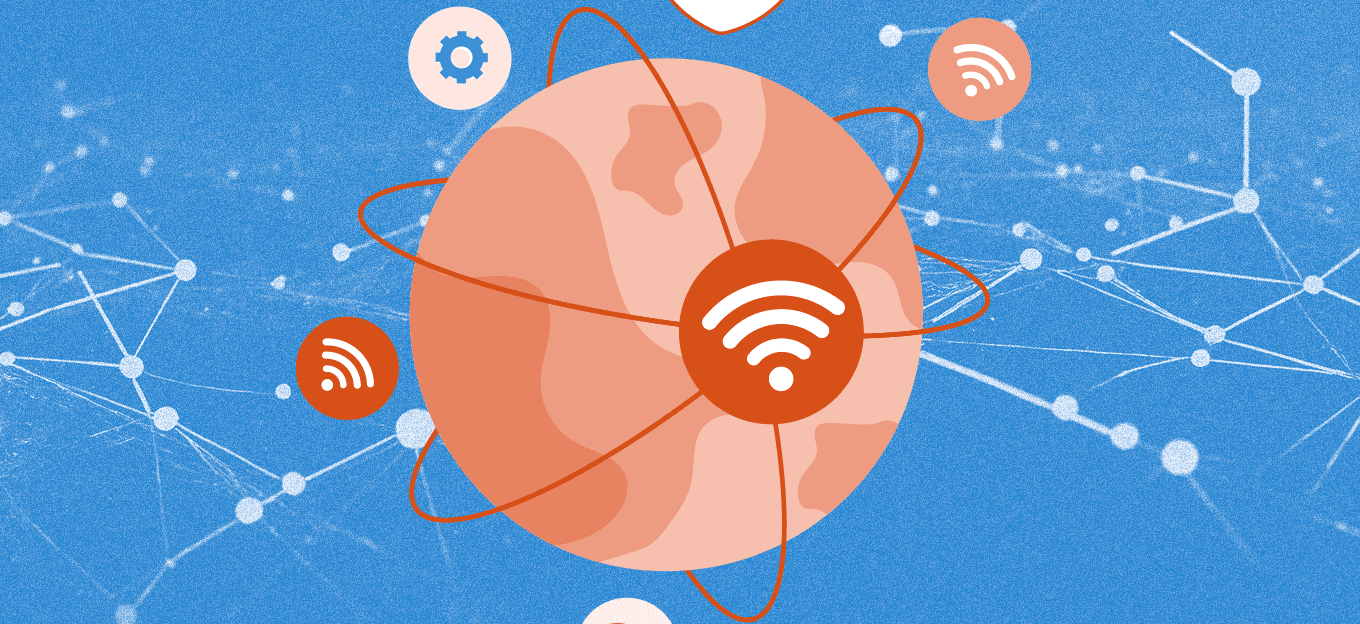Conversational AI & Banking
Conversational AI & Banking
- Last Updated: December 2, 2024
GenieTalk
- Last Updated: December 2, 2024



There has been a steady increase in the standard of customer service in the range of capabilities that automated systems offer. We're now in an era of AI that can talk and is poised to change the way people interact with financial institutions and do their banking. With seamless omnichannel experiences becoming increasingly crucial for today's consumers, banks need tools that allow them to deliver consistent messaging across touchpoints to keep their customers engaged. Let's take a look at six specific benefits of conversational AI in banking.
'With the implementation of conversational AI, customers will spend more time communicating with brands than ever before.' -GenieTalk
Benefits of AI in Banking
#1: Customer Self-Service & Guidance
The use of AI in conversation is predicted to provide customer self-service and guidance. We are witnessing a technological breakthrough that allows customers to receive the required information without having to go through multiple support representatives. This is practically true of contextual banking which allows customers to receive personalized financial guidance based on their specific situation.
Conversational AI could aid back-office employees to become more productive by providing them with information and insight in real-time. As chatbots and conversational AI systems are relatively new and not yet tested by banks, they will require high-end security standards before they can be integrated into production environments.
#2: Contextual Banking
Contextual banking helps a client with accurate information at the appropriate time. It offers customers individualized services and advice both inside and outside of their branch at the bank. Contextual banking is an essential element for self-service and guidance, as well as other services such as personal financial advice and secure payment transactions.
To provide contextual banking services, banks require real-time access to customer data and information to offer relevant products and services. AI technology has been an important factor in this trend by enabling banks to create actionable and scalable analytics capabilities.
#3: Personalized Financial Advice
Personalized financial guidance is a method banks can use to enhance the customer experience. It uses conversational AI to give customers real-time personalized information regarding their financial situation. The personalized financial advice you receive is available in two different ways:
- Customer service: The initial and most obvious method for customized financial advice is to assist customers with their daily banking requirements. This can include checking balances, moving money, paying bills, or paying off loans.
- Customer experience: Personalized financial advice can increase your interaction with your bank via any channel (online or on mobile). For instance, if you're seeking student loans, your bank may notify you via email or text message to inform you of new programs that could benefit you, depending on your age and location.
#4: Back-Office Productivity
Back-office productivity is a well-known and widely understood benefit of using conversational AI chatbots. Through natural machine learning and processing of language, banks can automatize manual tasks, reduce costs, improve efficiency, and enhance customer service. Conversational AI chatbots automate repetitive procedures that are prone to error by humans. They also enhance the quality of data by reducing omissions or typos when performing important processes like opening accounts or applying for loans.
Conversational AI chatbots in banking can improve transaction processing speed by entering all of them at one time. This helps to avoid mistakes caused by fatigue or human error. It Improves accuracy by removing mistakes that occur when several people perform the same job, such as sending invoices manually across the various departments of an organization.
#5: Enterprise-Grade Security
AI is an important tool to protect your data. It helps detect cyber attacks and fraud, identify and reduce security vulnerabilities, ensure you are in compliance with laws such as GDPR, and carry out security tasks. Enterprises employ these tools to protect their networks and comply with regulatory requirements. An AI solution could increase the effectiveness of these programs by eliminating manual work from the process while decreasing costs.
#6: Omnichannel Banking Experience
The experience of the customer is an important factor in the market. The customer is becoming more demanding and is presented with a variety of choices. Their experiences are multi-faceted and multi-channel, personal, and relevant. The omnichannel banking experience ensures that customers can seamlessly interact with their bank through all channels. They can also communicate in real-time, meaning they don't have to wait for a response or use multiple channels to obtain the required information.
A Tool for the Next Generation
With conversational AI, you will no longer have to navigate complicated menus or wait in line. Instead, your bank will not have restrictions on its offerings and will be able to provide specific financial advice and contextualized banking services tailored to every customer. With the implementation of conversational AI, customers will spend more time communicating with brands than ever before. And more importantly, these interactions will be personal. The future for banking is now here. It is not a matter of when, but how you will use AI to your advantage.
The Most Comprehensive IoT Newsletter for Enterprises
Showcasing the highest-quality content, resources, news, and insights from the world of the Internet of Things. Subscribe to remain informed and up-to-date.
New Podcast Episode

IoT in 2026: Trends and Predictions
Related Articles


